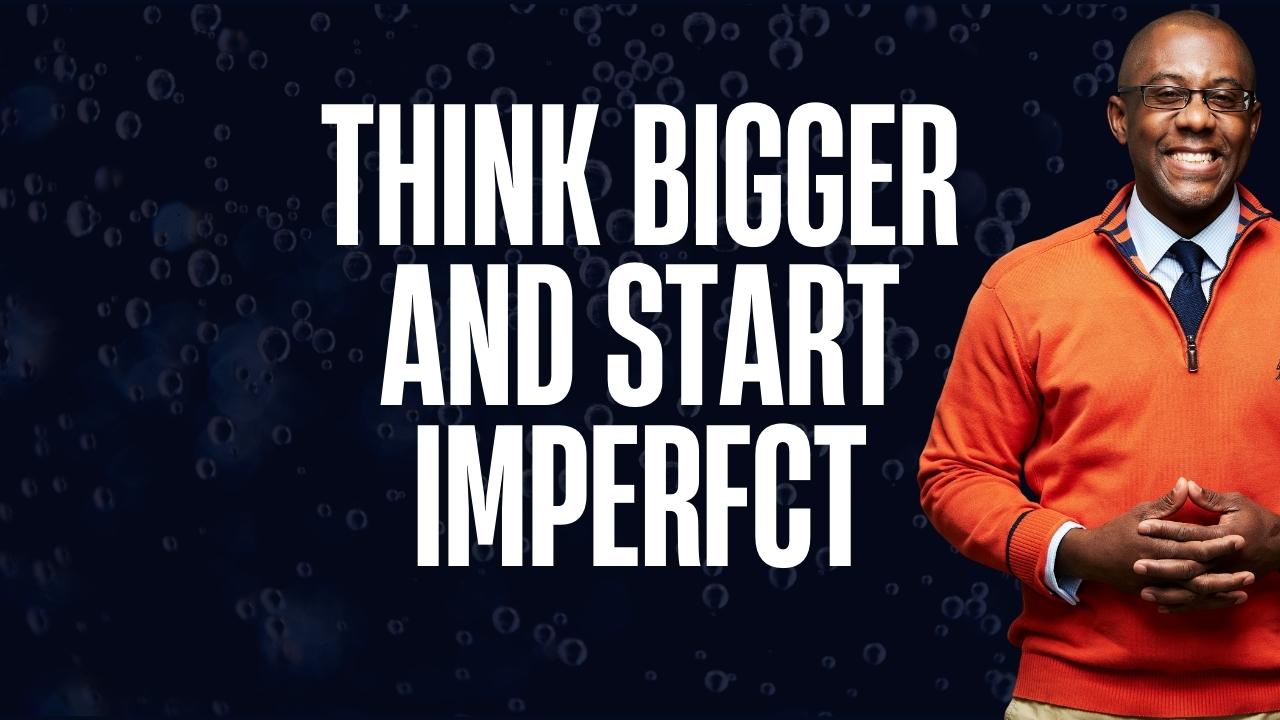Mindfulness – a practice rooted in ancient spirituality that is becoming more commonly used among folks from all walks of life. Why?
Because applying mindfulness to our lives helps us to use our mind consciously, with more awareness while directing our focus and energy to what we can control – ourselves.
Your mind is your most powerful tool. Although you can’t change how you grew up and what habits or thought patterns you accumulated as a result of it, through the power of mindfulness, you can learn how to manage your thoughts and emotions better and become more self-aware while practicing non-judgment.
Insights from Silvia Turonova – woman’s mindset coach – https://silviaturon.com/.
How mindfulness strengthens your mind
Think of your mind like a muscle. The more you work at it, the more focused, steady, and balanced it becomes.
The practice of mindfulness is quite simple – you find something to focus on, like your breath, and then return to it anytime your mind wanders. Essentially, you are training yourself to be in the present moment since this is all there is anyway.
Why we often feel exhausted, burned out, or tired is not necessarily because of our work or personal matters but because our minds are overthinking and running nonstop. That’s what generates exhaustion.
By practicing mindfulness, you train your mind to push the psychological chatter into the background to create more clarity, less thought traffic, and more inner peace.
Different ways how to practice mindfulness
I invite you to think of mindfulness as a way of life, a multifunctional tool you own.
You can practice mindfulness when you eat. Instead of scrolling through your phone or watching TV, allow yourself to become fully involved with your food. Observe the taste, texture, and temperature. It is also worth expressing deep gratitude for the food you eat before or during your meal.
Another well-known mindfulness practice is focusing on your breath. Breath is extremely powerful for self-regulation, stress reduction, grounding yourself, or being present at the moment.
A simple mindfulness tool is belly breathing, also known as diaphragmatic breathing. You can do this anywhere, with your eyes opened or closed.
Inhale through your nose and count to 4, feeling as your belly expands. You can place your hand on your abdomen to ensure you are breathing into your belly instead of your chest. Then, slowly, with awareness, exhale through your mouth and count to 8. Making your exhale a little longer than an inhale activates your parasympathetic nervous system responsible for relaxation.
Another great way to practice mindfulness is by scanning your body. You can start at the top of your head and slowly work your way down towards your toes. I like to use the word relax as I move to individual parts of my body and mindfully instruct them to release any tension they may hold.
Then, of course, we have guided meditations that are essential for different purposes while guiding you through the meditative journey. You can use them to release stress, heal limiting beliefs, work with your inner child, and much more.
Developing resilience through mindfulness
As I mentioned earlier, mindfulness helps to steady our mind while practicing non-judgment at the same time. When you indulge in a mindful moment, you observe what is there without inputting your personal preferences into the space. Instead of judging things (or yourself) as good or bad, right or wrong, you observe them with a sense of detachment.
Judgment towards others or ourselves is paralyzing because it creates a negative emotional response that doesn’t feel good.
We can use the skill of non-judgment in every area of our lives, with every person, and in every situation. Imagine that instead of judging yourself or others, you see things for what they are.
This skill of non-duality breeds unbelievable resilience because it allows us to respond with awareness instead of reacting on an impulse. When you remove judgment from the equation, you naturally balance your thoughts and emotions since they aren’t influenced by your likes and dislikes.
Using mindfulness to expand your courage
What is the basis of fear? Doubtful thoughts which lead to feelings of uncertainty. Often, because our mind is oversaturated with thoughts of doubt, negativity, and worries about the future, we become paralyzed.
Often, we experience life as a psychological happening while being caught up in our nonsense, dramas, and opinions.
The more you practice mindfulness, the more steady and clear your mind becomes. You will also become more aware of those fearful and doubtful thoughts and observe them instead of reacting to them.
Less thought traffic and detachment from what you think bring more inner peace and balance, which decreases worried and fearful thoughts while expanding courage.
Conclusion
Mindfulness isn’t some fanciful idea only for yogis or spiritual folks. It is based on the science of the mind which provides you with an opportunity to use inner resources to empower yourself while becoming grounded, balanced, and joyful.
What are your thoughts on mindfulness and how can you incorporate it into your daily life? Feel free to leave a comment below.
Silvia Turonova is a women’s mindset coach who leads women toward emotional healing while empowering them to live a life of wholeness, balance, and inner resilience. She loves writing and serving women through her blog. Find out more about her 1-on-1 program COACH Intensive, as well as get her free self-coaching worksheet by visiting her website https://silviaturon.com/.
Related articles:
Are you struggling to find inner peace? This might help.
6 Reasons To Pause And Grow Your Business
Your Mindset Is Everything: Small Business Growth Strategies











